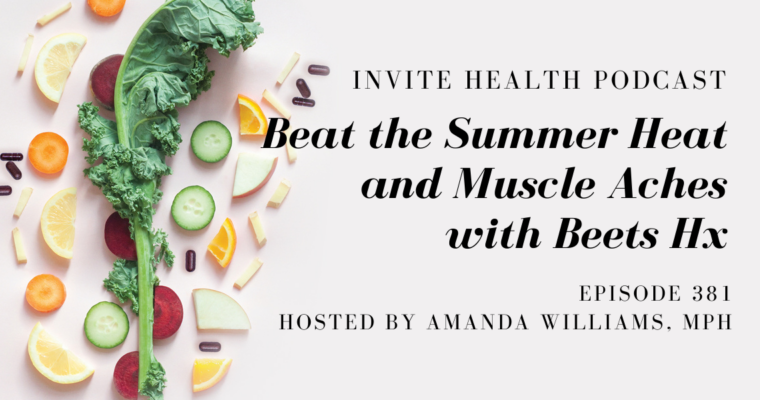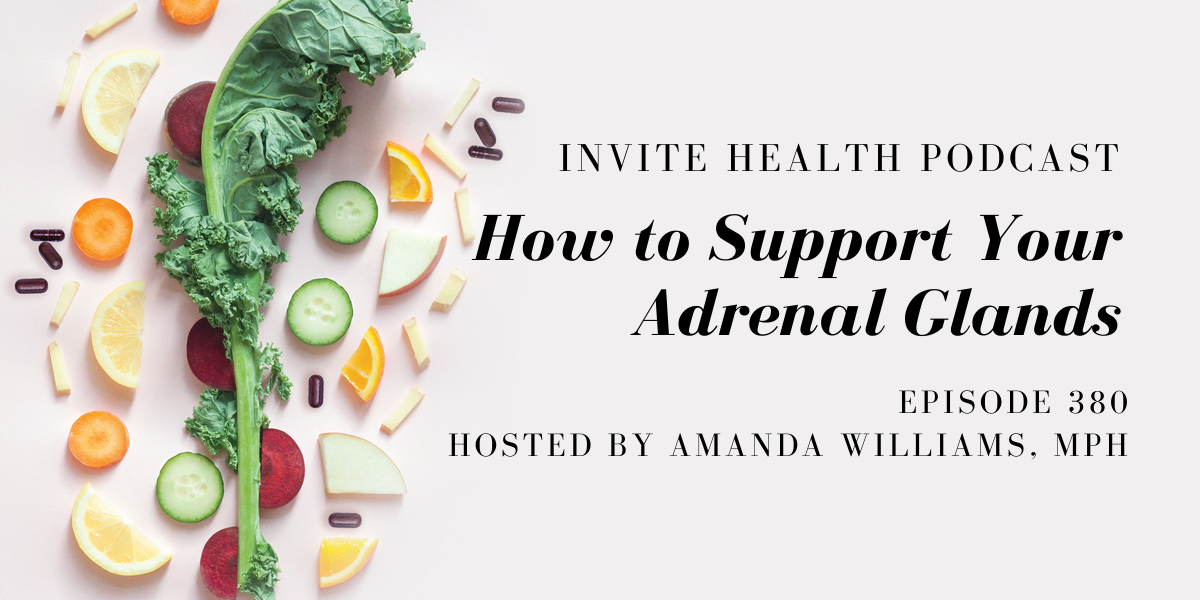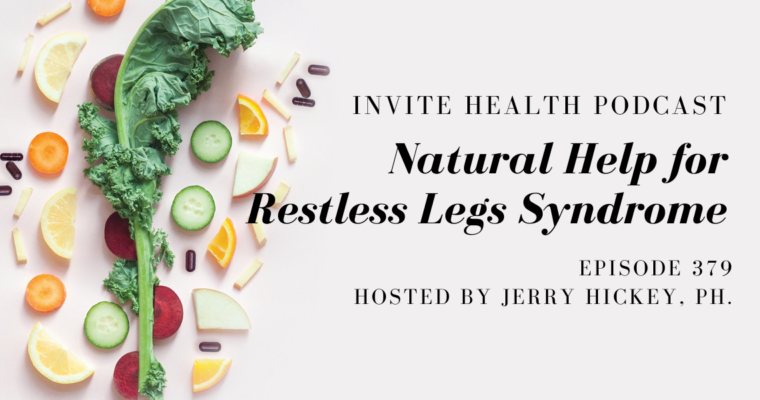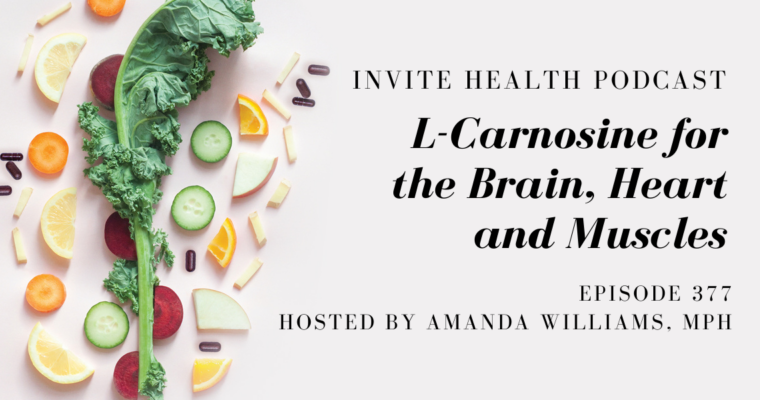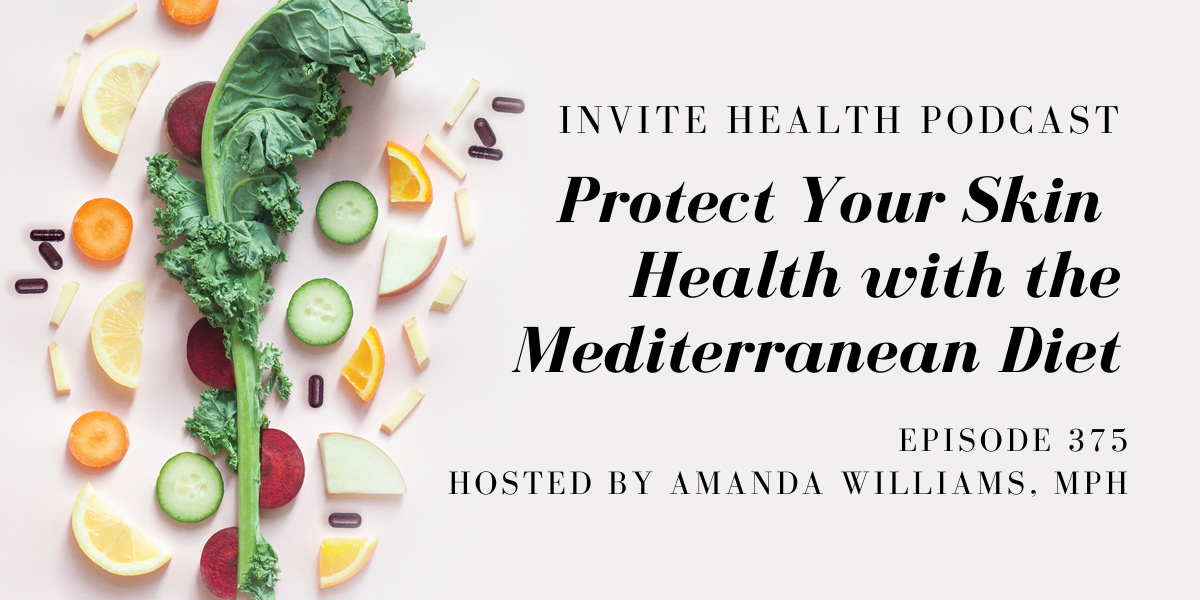adrenal glands
InViteⓇ Health Podcast, Episode hosted by Amanda Williams, MPH
Subscribe Today!
There are so many people that deal with chronic stress on a regular basis that can lead to what we have actually coined as being “tired and wired” all at the same time. The long term implications for this can be very challenging. Today I want to talk about being tired and wired. I want to discuss the root cause of that and what we can do to try to mitigate those causes.†
What does it mean to be tired and wired?
Being tired and wired means that someone has no energy, but they also do not have the capacity to fully unwind. This can be problematic because it can lower the immune system, cause loss of focus and create an inability to carry out daily tasks. This is a big issue for so many people.†
WHY BETA GLUCAN SHOULD BE PART OF YOUR IMMUNE SYSTEM ARSENAL – INVITE HEALTH PODCAST, EPISODE 268. Listen Now>>
When people continually deal with this issue, we have to look at cortisol and what’s going on within the adrenal glands. We have to look at the HPA axis, which accounts for the hypothalamus, pituitary gland and adrenal glands. If one section of the HPA axis is not working right, that can start to impact other aspects.†
Cortisol, which is our primary stress hormone, and DHEA play an important role in our body’s ability to manage stress. We can look at these two different levels and draw some connections. Oftentimes, when people have high cortisol levels, this can start to push DHEA levels down. We need to have DHEA to maintain and support our immune system. We also recognize that when people have elevated cortisol levels, this can start to impact insulin levels. All of these different hormones start to have this negative effect on each other. We can look at how the adrenal glands can affect your thyroid, which can impact your metabolic rate.†

How to help support your adrenal glands
If you’re having a hard time managing stress levels, you may need to find ways to cope and decompress. You can incorporate things like meditation or yoga.†
When we look at things to support the adrenal glands as well as sleep, we can also look at nutrients such as melatonin, Vitamin D and calcium.†
We can also support our adrenal glands by adding in adrenal adaptogenic herbs. This includes things such as ashwagandha and rhodiola, for example. These nutrients can help to mitigate the negative impact of what cortisol is doing to our body. We have a formulation called Adrenoserine, which is an amazing blend of nutrients to support stressed out adrenal glands.†
Getting regular exercise can help boost energy levels, even when it feels like you’re too tired. It gets oxygen and blood flowing out to the tissues. We have to get onto a regular sleep pattern. Having good sleep hygiene is very important. This includes being in a dark room and not having your electronic devices running because they emit blue light. All of these different things matter.†
BLUE LIGHT LASTING DAMAGE IN CHILDREN AND ADULTS – INVITE HEALTH PODCAST, EPISODE 307. Listen Now>>
In this episode, Amanda Williams, MPH explains the meaning behind the term “tired and wired.” She details what might cause this issue, what might help and how the adrenal glands are involved.†
Key Topics:
- What is chronic fatigue syndrome?
- Factors that can cause stress
- Symptoms of chronic fatigue and adrenal fatigue
- The role diet plays in stress
- The functions of the adrenal glands
Thank you for tuning in to the InViteⓇ Health Podcast. You can find all of our episodes for free wherever you listen to podcasts or by visiting www.invitehealth.com/podcast. Make sure you subscribe and leave us a review! Follow us on Facebook, Twitter and Instagram at InViteⓇ Health today. We’ll see you next time on another episode of the InViteⓇ Health Podcast.



